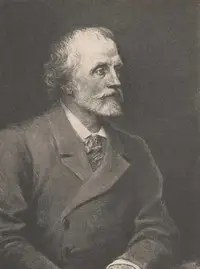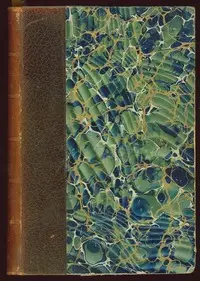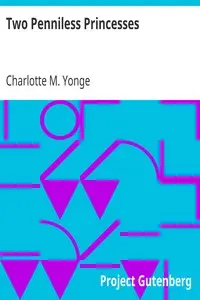"Vittoria — Volume 3" by George Meredith is a story set in 19th-century Italy, filled with political secrets and strong feelings. It centers on Vittoria and Carlo Ammiani, whose lives become tangled up during a troubled time. The book looks at ideas like love for one's country, individual struggles against society, and the sacrifices people make, especially seen through art. The story kicks off with Carlo leading Vittoria to the Maestro's, creating a feeling of stress that suggests upcoming conflicts and powerful emotions. Their talks show their backgrounds and a sense of approaching trouble as they deal with their love for Italy and their dreams for its future. Vittoria is very eager to help Italy become free, but she wrestles with her responsibilities and the tough challenges she faces. Other characters, like Luigi, a spy, and Antonio-Pericles, are also introduced, each representing different parts of the society and politics, preparing the reader for the tensions and fights that will grow as the story goes on. The beginning really grabs the dramatic journey towards finding oneself and a national identity in the middle of big social changes.

Vittoria — Volume 3
By George Meredith
Amidst political intrigue and personal sacrifice in 19th-century Italy, a woman and her companion navigate a landscape of love, duty, and the burning desire for national freedom.
Summary
About the AuthorGeorge Meredith was an English novelist and poet of the Victorian era. At first, his focus was poetry, influenced by John Keats among others, but Meredith gradually established a reputation as a novelist. The Ordeal of Richard Feverel (1859) briefly scandalised Victorian literary circles. Of his later novels, the most enduring is The Egoist (1879), though in his lifetime his greatest success was Diana of the Crossways (1885). His novels were innovative in their attention to characters' psychology, and also portrayed social change. His style, in both poetry and prose, was noted for its syntactic complexity; Oscar Wilde likened it to "chaos illumined by brilliant flashes of lightning". Meredith was an encourager of other novelists, as well as an influence on them; among those to benefit were Robert Louis Stevenson and George Gissing. Meredith was nominated for the Nobel Prize in Literature seven times.
George Meredith was an English novelist and poet of the Victorian era. At first, his focus was poetry, influenced by John Keats among others, but Meredith gradually established a reputation as a novelist. The Ordeal of Richard Feverel (1859) briefly scandalised Victorian literary circles. Of his later novels, the most enduring is The Egoist (1879), though in his lifetime his greatest success was Diana of the Crossways (1885). His novels were innovative in their attention to characters' psychology, and also portrayed social change. His style, in both poetry and prose, was noted for its syntactic complexity; Oscar Wilde likened it to "chaos illumined by brilliant flashes of lightning". Meredith was an encourager of other novelists, as well as an influence on them; among those to benefit were Robert Louis Stevenson and George Gissing. Meredith was nominated for the Nobel Prize in Literature seven times.



















